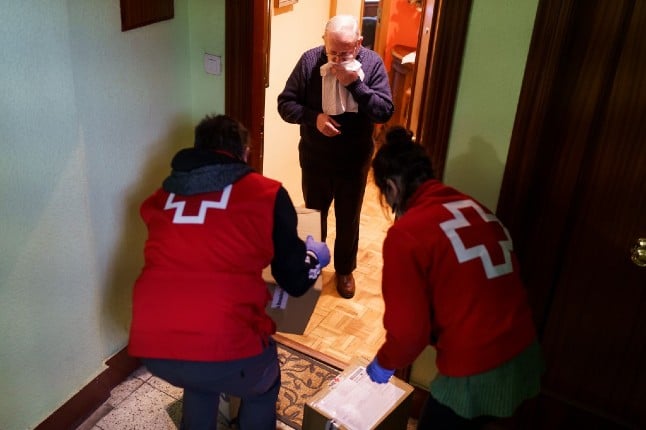"I'm a patriot and I don't like the fact that there are foreign troops — US troops — on Spanish soil," said Podemos Secretary General Pablo Iglesias on Sunday, referring to the two joint Spanish–US military bases in Andalusia.
"I think Nato puts us at risk," he said in an interview with Spain's Cadena SER radio station.
The leader of a party which has shaken up Spain's political system with its meteoric rise in the polls since forming early in 2014 said he would "use all possible means" to see Spain out of the powerful military alliance.
Iglesias, who was formally voted in on Saturday as Podemos' Secretary General, admitted such a move would "not be simple".
"It's not just a question of political will," he told Cadena SER.
Asked about the consequences of such a move, Iglesias said there was no reason to think Spain would be "isolated" just because it had decided to "respect its national sovereignty".
"It seems like a good idea to have a referendum (on the issue of Spain's Nato membership," said the Podemos leader, calling for a foreign policy which was Spain's own "and not subject to foreign interests."
Podemos formed in January and came to national prominence when it won 1.2 million votes and five seats in European Union elections in May.
It's extraordinarily rapid rise has seen it topping opinion polls ahead of Spain's Popular Party and the major opposition party, the Socialists.
While critics have accused the party of populism, many voters view the party as a powerful alternative to the scandal-hit traditional parties.



 Please whitelist us to continue reading.
Please whitelist us to continue reading.
Member comments